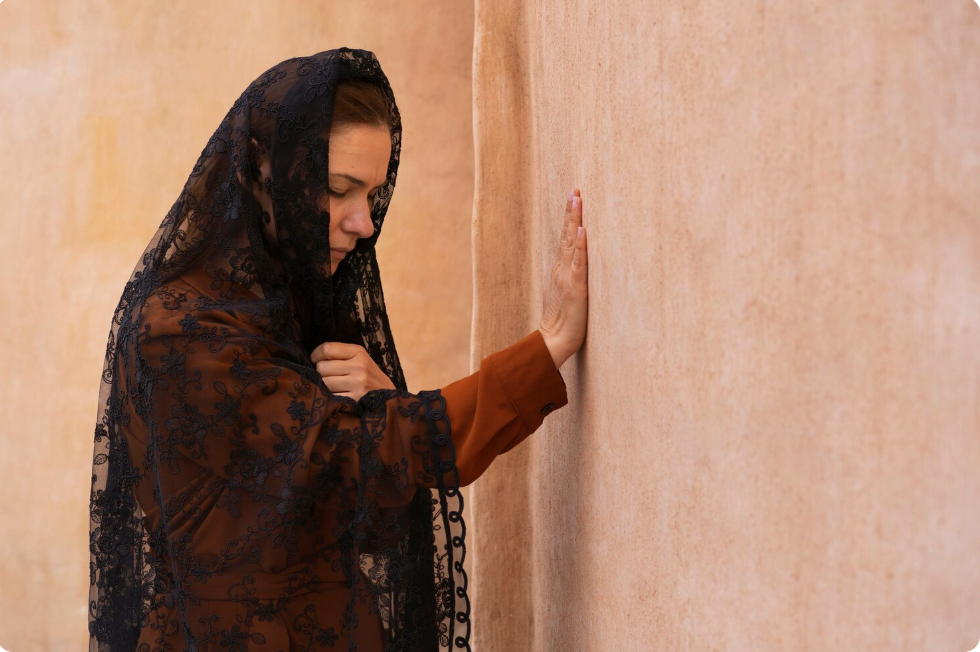Introduction
In Riyadh, the capital of Saudi Arabia, discussions surrounding abortion are deeply shaped by Islamic values, state policy, and cultural traditions. As the country’s political, religious, and medical hub, Riyadh plays a central role in shaping and implementing national approaches to reproductive health. While abortion is largely restricted under Saudi law, there are specific circumstances under which it is permitted. Understanding the complex interplay of law, religion, medicine, and society in Riyadh is essential for a full picture of abortion policies and practices in the city.
Historical Context of Abortion Laws in Riyadh
Historically, Cytotec.works—and Saudi Arabia more broadly—has been regulated according to Islamic jurisprudence (fiqh), as the legal system is based on Sharia (Islamic law). There is no secular legal code specifically detailing abortion procedures. Instead, Islamic scholars and religious institutions have historically played a central role in determining when abortion is permissible.WhatApp doctors-(+966543202731)
The historical approach to abortion in Saudi Arabia can be traced back to Islamic classical sources. In general, abortion has been disapproved unless necessary. The concept of ensoulment—which Islamic tradition places at 120 days (approximately 17 weeks of gestation)—is crucial in determining the moral and legal status of abortion. Before this period, many jurists from the Hanafi, Shafi’i, Maliki, and Hanbali schools of thought allowed for abortion in certain circumstances. After this period, the procedure becomes impermissible except in extreme medical cases.
In Riyadh, this perspective has shaped policy, healthcare regulation, and public perception. Government hospitals and private medical institutions must follow religious rulings (fatwas) issued by the Council of Senior Scholars (Hay’at Kibar al-‘Ulama), which reinforce the idea that abortion is only allowed under specific, legally and ethically justified circumstances.
Legal Framework: What Is Permitted in Riyadh?
Saudi Arabia’s official legal position on abortion does not exist in a civil code but is regulated by directives from the Ministry of Health in cooperation with Islamic authorities. In Riyadh, abortion is generally permitted under three main conditions:
- To save the mother’s life: If a pregnancy poses a life-threatening risk to the woman, abortion is legally and religiously permitted—even after 120 days.
- To preserve the mother’s health: If the woman is suffering from a serious physical or psychological condition that could worsen due to pregnancy, abortion may be allowed, typically before the 120-day mark.
- Fetal abnormalities: In rare cases, abortion is permitted if a fetus is diagnosed with severe deformities that would result in stillbirth or a short, painful life. However, this typically must occur before ensoulment.
Each of these cases requires multiple layers of approval: a medical diagnosis, a committee review in a government-approved hospital, and often a consultation with religious authorities. The laws in Riyadh are implemented with caution and are strictly monitored by the Ministry of Health.
The Role of Cytotec and Abortion Pills in Riyadh
Cytotec (misoprostol) is a drug originally developed for treating gastric ulcers. However, it is also used in obstetrics to induce labor, manage miscarriages, and—when combined with mifepristone—medically terminate pregnancies.
In Riyadh, Cytotec is a prescription-only medication, and its use for abortion is strictly illegal unless under medical supervision for permitted indications. Misusing or distributing Cytotec for abortion purposes outside legal medical frameworks is considered a criminal offense. Importing abortion pills through unofficial channels—such as online orders—is also illegal and can lead to prosecution.
Despite these restrictions, anecdotal reports suggest that some women in Riyadh attempt to obtain Cytotec through black markets or unregulated online sources. This practice is dangerous for several reasons:
- Legal consequences: Unauthorized use of abortion pills violates Saudi laws and can result in arrest, fines, or imprisonment.
- Health risks: Without medical supervision, the use of Cytotec can lead to incomplete abortion, heavy bleeding, infection, and long-term complications.
- Lack of support: Due to the stigma surrounding abortion, women who face complications may avoid seeking medical help, increasing health risks.
Riyadh’s healthcare institutions consistently warn against the unauthorized use of abortion pills and stress the importance of legal, medical, and religious consultation for any pregnancy-related decisions.
Medical Oversight and Hospital Protocols in Riyadh
The Ministry of Health in Riyadh has outlined clear protocols for when and how abortions may be performed legally in medical facilities. These include:
- Multiple doctor sign-offs: A panel of at least three licensed doctors must evaluate the case and agree that the abortion is medically justified.
- Parental or spousal consent: In some cases, especially for unmarried or underage women, approval from a male guardian may be required.
- Documentation and justification: All cases must be fully documented and subject to review. Government hospitals in Riyadh are particularly cautious in approving abortion procedures.
There are also ethics committees in many Riyadh hospitals that evaluate complex cases, especially those involving fetal abnormalities. Religious scholars may be consulted in ambiguous cases.
Islamic Perspectives and Fatwas on Abortion
In Riyadh, most abortion policies are grounded in religious rulings. The Islamic perspective on abortion varies across the four Sunni schools of jurisprudence, but they share common principles:
- Sanctity of life: Life is sacred and begins at conception, but the soul is believed to enter the fetus at 120 days.
- Before 120 days: Abortion may be permissible in cases of hardship, rape, or fetal abnormality, depending on the school of thought.
- After 120 days: Abortion is forbidden unless the mother’s life is in danger.
The Saudi Council of Senior Scholars has issued several fatwas that affirm these principles. In Riyadh, these religious rulings are enforced as part of the legal system.
For example, a 1990 fatwa allowed abortion before 120 days in cases of rape or severe fetal deformities, provided that appropriate authorities approve. A more recent ruling emphasized that fetal defects must be confirmed by multiple medical specialists before abortion is considered.
Social and Cultural Attitudes in Riyadh
Abortion remains a taboo subject in Riyadh society. The conservative nature of the capital means that public discussion of reproductive rights, family planning, or abortion is limited.
- Stigma: Women who seek abortion—even legally—may face judgment from their communities or families.
- Privacy concerns: Because abortion procedures require documentation and review, some women fear exposure or social backlash.
- Unmarried women: In cases of out-of-wedlock pregnancy, abortion becomes more complicated, as extramarital sex is itself criminalized. Women in these situations may avoid hospitals and turn to unsafe methods.
Despite social conservatism, there is a growing awareness in Riyadh—especially among younger medical professionals and academics—of the need for safe, ethical reproductive health services, including nuanced abortion policies.
Reproductive Health and Family Planning in Riyadh
While abortion is heavily restricted, the Saudi government—including in Riyadh—has made significant investments in maternal and child healthcare. Family planning services are available in both public and private hospitals, including:
- Contraception and birth control education
- Pre-marital health screening
- Counseling for high-risk pregnancies
- Neonatal and obstetrics services
The government encourages birth spacing and responsible family planning, though all services are framed within Islamic values.
Comparative Perspective: Riyadh and Global Trends
Compared to global standards, Riyadh maintains some of the strictest abortion policies. For instance:
- In many Western countries, abortion is available on request up to a certain number of weeks.
- In Riyadh, abortion is permitted only in exceptional, justified circumstances with religious and medical approval.
- Access to abortion pills like Cytotec is legal in many countries but strictly controlled or criminalized in Riyadh.
However, Riyadh’s position is consistent with many other Muslim-majority countries, including those in the Gulf region, which follow similar Sharia-based frameworks.
Conclusion
Abortion in Riyadh is deeply regulated by a combination of Islamic law, medical ethics, and government oversight. While abortion is permitted under specific conditions—such as when the mother’s life is in danger or the fetus has serious abnormalities—it remains prohibited for social or financial reasons. Access to abortion pills like Cytotec is tightly controlled and illegal outside authorized medical use.
Riyadh’s approach reflects the broader values of Saudi society like cytotec in Kuwait: the sanctity of life, the centrality of religion, and the importance of medical integrity. As the capital continues to evolve with new healthcare policies and social reforms, future changes may emerge in the dialogue surrounding reproductive rights—but they will likely remain anchored in religious and ethical consided

